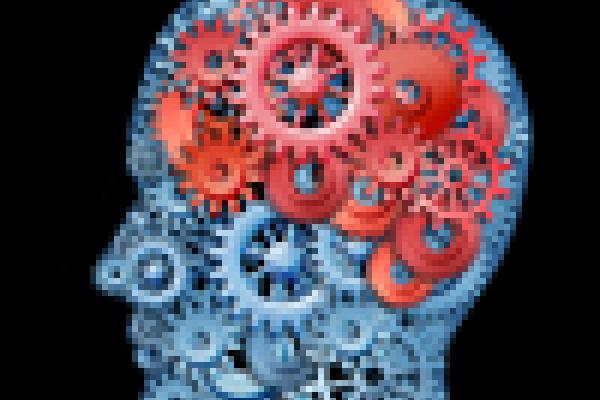Article

Computers, maths and minds
Most of us have a rough
idea that computers are
made up of complicated hardware and software. But perhaps few of us
know that the concept of a computer was envisioned long before these
machines became ubiquitous items in our homes, offices and even
pockets.